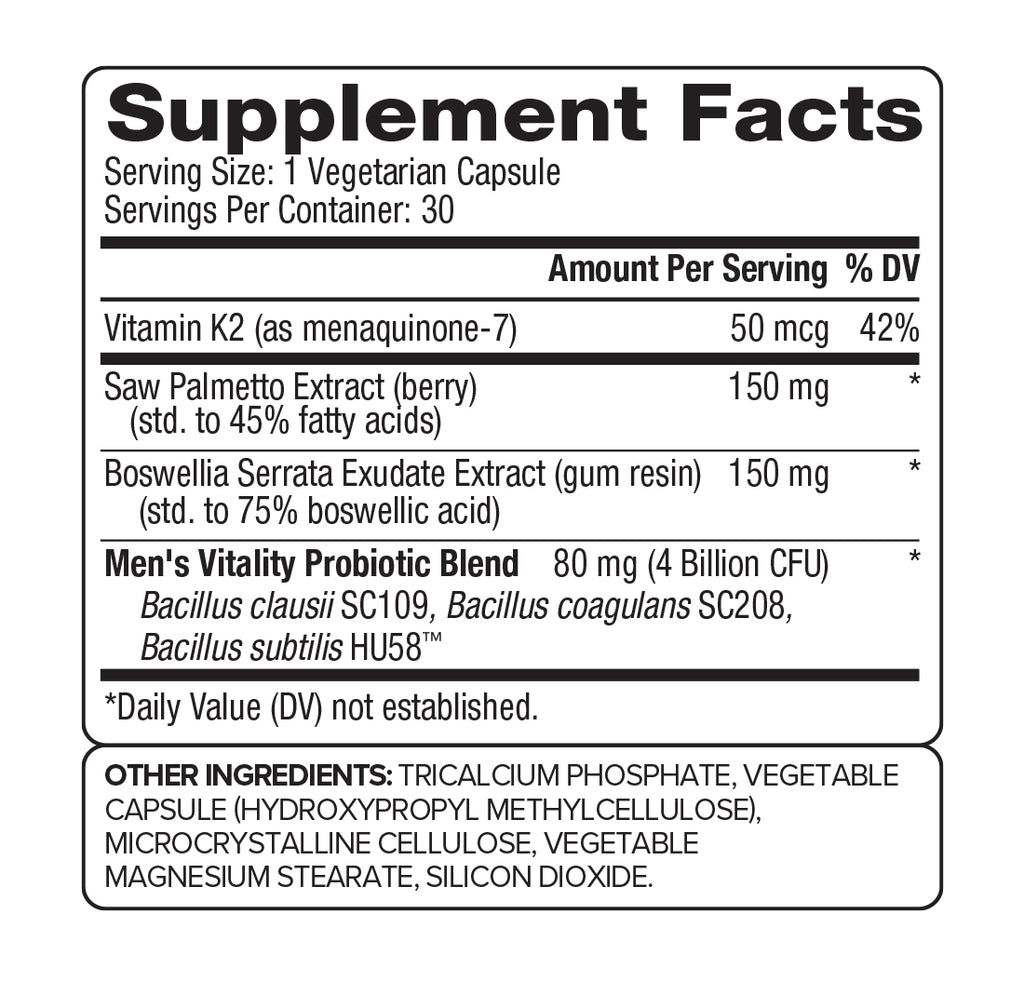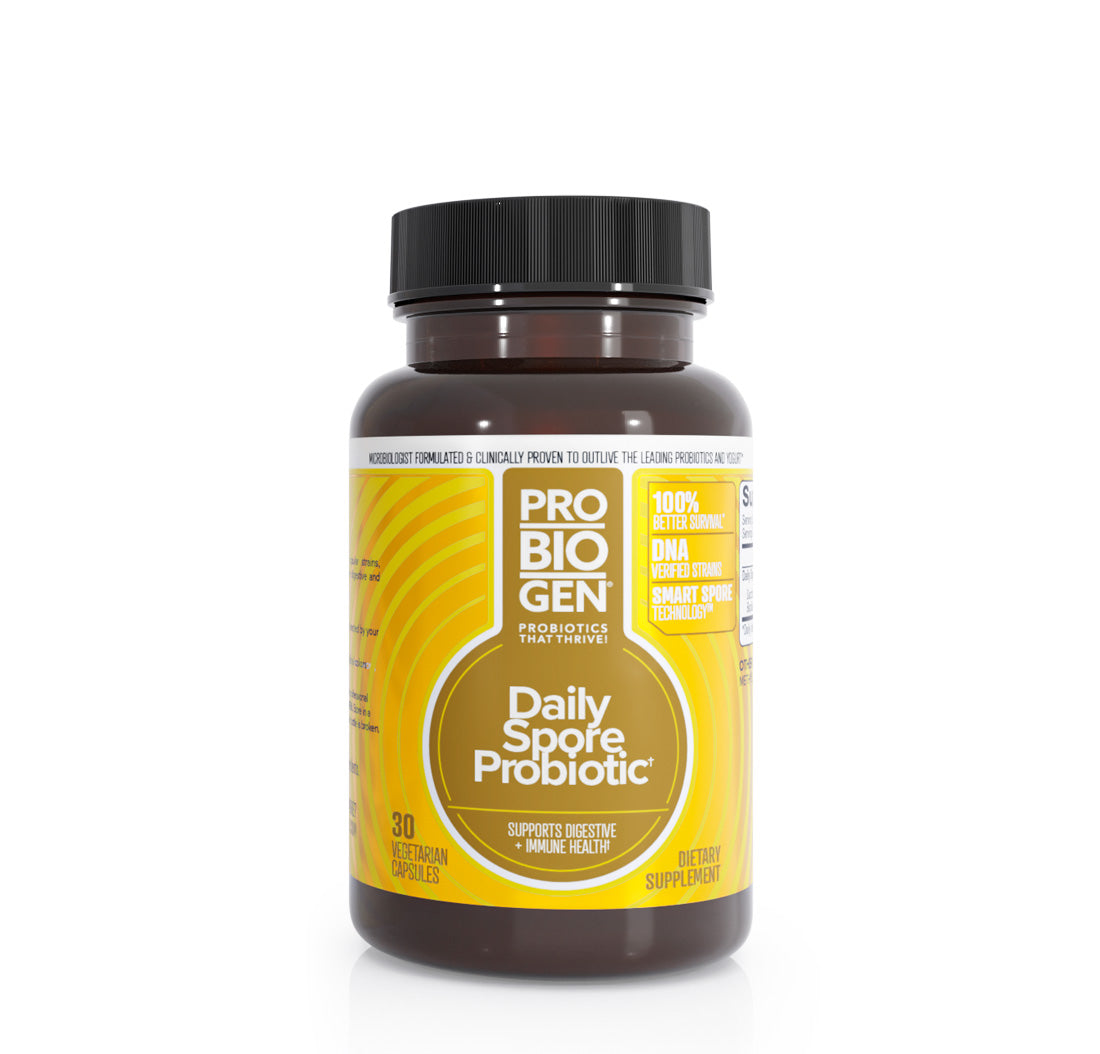
So, when it comes down to choosing a living probiotic supplement or drink, you can rest easy knowing that the CFU count on the packaging is a true reflection of what you’re consuming.

It’s also much easier to count living microorganisms, and simpler to understand how many are actually being consumed. So, spore-forming probiotics most likely don’t have the same amount of CFU as living probiotics in drinks. Ambient or room-temperature probiotics don’t create the conditions that bacteria need to thrive. Īnother core benefit of living probiotics is that they have a more tangible CFU count. There's still more work to be done in understanding their impact and how they interact in the gastrointestinal tract. Live probiotic strains have been extensively studied, including their potential benefits, recommended dosages, and frequency of consumption.Ĭompared to living probiotics, spore-forming microorganisms are relatively new on the scene. One of the most obvious advantages of living probiotics is the amount of associated research surrounding this probiotic form.

The Benefits Of Live ProbioticsĪt this point, you might be wondering - ‘what are the differences of choosing live probiotics over spore-forming probiotics?’ Don’t worry, we’ve listed some of these below. They are typically found in dirt and vegetation, and typically stem from the species, bacillus. Unlike their live counterparts, spore-forming probiotics are soil-based bacteria that are created from spores (as the name suggests). Spore-forming probiotics on the other hand, when compared to live probiotics are quite physically different. Some of the most common live probiotic species are lactobacillus and bifidobacterium. Accordingly, they must be kept in an appropriate environment to ensure survival (which makes probiotic drinks an ideal carrier… more on this later). As the name suggests, the probiotic is alive with a relatively sensitive nature. Let’s kick things off with the basics - what are live probiotics? Live probiotics are ‘living’ microorganisms that can offer benefits to the consumer when they are ingested in appropriate amounts. In this blog post, we’ve covered everything you need to know between these two types of probiotics. Each of these good bacteria operates in different ways, so deciding which probiotic is best for you might seem like a puzzling choice, but it doesn’t need to be. The two most common types of probiotics you’ll likely come across are live or living probiotics and spore-forming probiotics. IgG helps to maintain a healthy intestinal immune system by binding a broad range of microbes and toxins within the gut lumen.You may not know it, but probiotics come in different forms, with each individual strain offering an alternate function. In the search for innovative ways to improve microbiome diversity, we have combined our blend of spore-forming probiotics alongside immunoglobulins uniquely shown to bind to bacteria and toxins, driving immune response. The combination of specific strains, particularly Bacillus coagulans, Bacillus clausii, and Bacillus subtilis, relieve symptoms for common GI complaints and reinforce healthy gut function. Bacillus spores remain dormant in harsh environments until they reach more favorable environments like the human gastrointestinal tract. Probiotics are live organisms and must be shelf stable through the expiration date, so they can be precisely delivered to the intestinal tract to have maximum benefit.

Probiotics have been extensively studied and are characterized as having broad GI and immune benefits. The health of the small intestines relies on balanced microbiota, and probiotics and immunoglobulins can contribute to that balance by having a positive influence on the intestinal environment, including pH, organism diversity, and immune signaling. SIBO is a condition that occurs when there is an overabundance of commensal bacteria from the colon present in the small intestine. Maintains GI Barrier Health and Integrity.



 0 kommentar(er)
0 kommentar(er)
